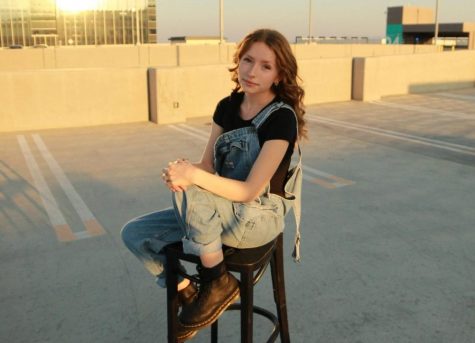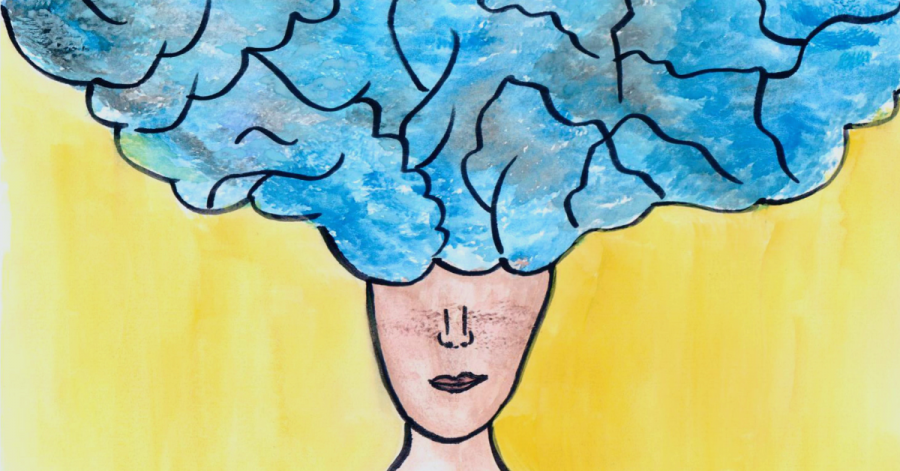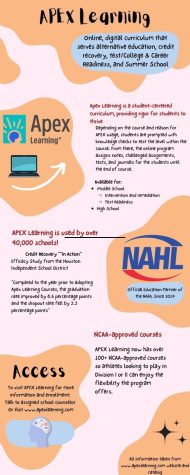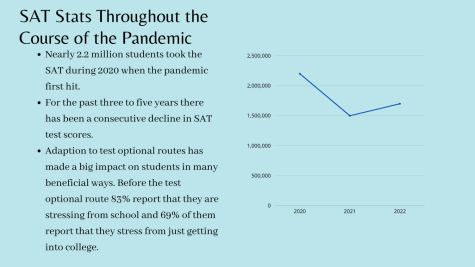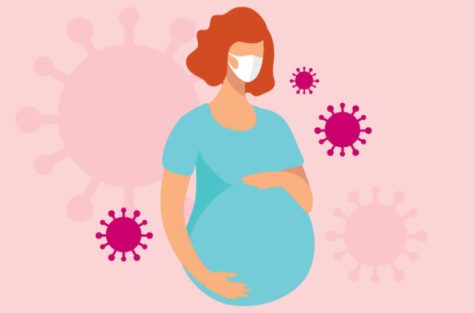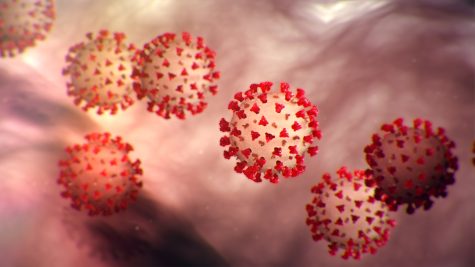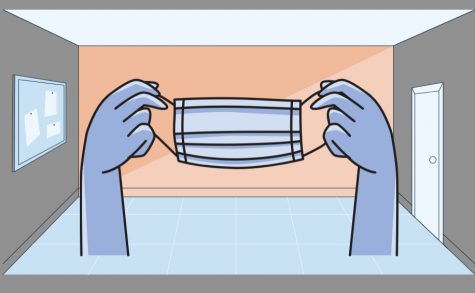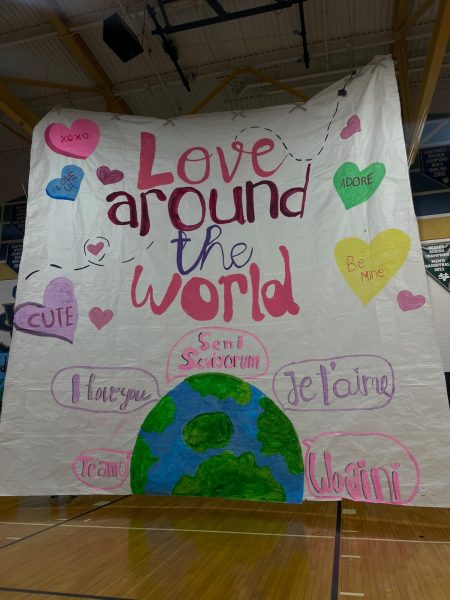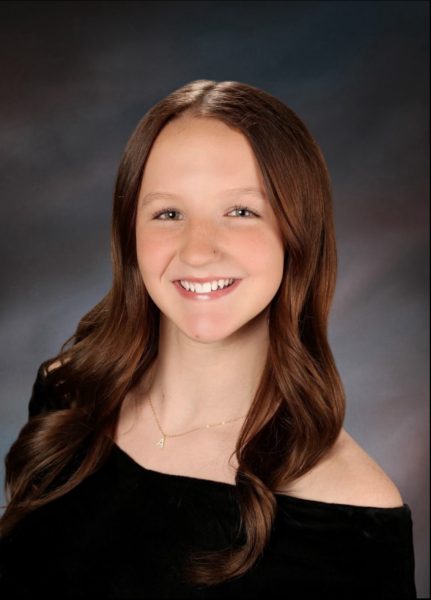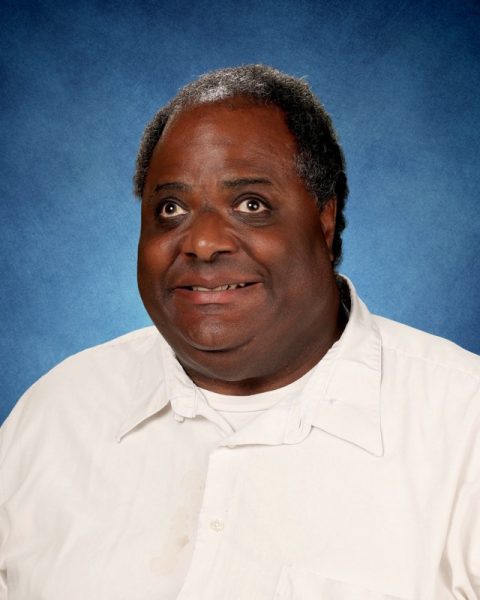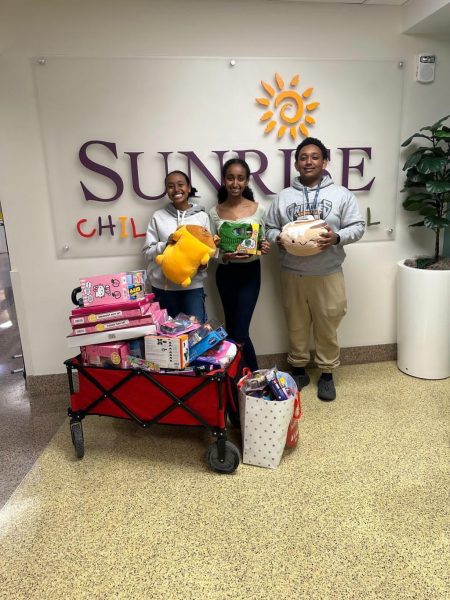Quarantine Loneliness
Quarantine May Not Have Been So Lonely After All
When the world unexpectedly shut down due to the COVID-19 pandemic, Spring Valley High School soon followed suit as they closed the doors for the year. This left many students, teachers, and parents scrambling to figure out what to do.
While everyone during this time experienced a myriad of struggles, one that seemed to be particularly present was the feelings of fear, confusion, and most of all, loneliness. Being distant from family and friends, separated by time and space, takes a toll on emotional, and physical, wellbeing.
Even though this loneliness was prevalent throughout the time we were in “quarantine” (and still can be described as prevalent today), there was also a boom in individual self-discovery and growth. People had time to explore new things and essential aspects of their being, which was not fostered in the fast-paced, pre-COVID life.
For Junior Christofer Garcia, the hardest part of quarantine was the lack of communication between himself, his peers, and his teachers. Online school was monotone, with no enthusiasm and this had an impact on Garcia’s motivation.
“You don’t have communication for class, so there is nothing to do with them, and then you just have your family, sometimes they are doing other stuff, so you are just alone in your room doing nothing, so it does get lonely most of the time,” Garcia said.
With a newfound influx of free time, Garcia found it hard with the pressure of using this time to the best of his ability. ,
“…after a while you like, just feel the pressure of like, not doing anything. You want to go outside, you want to play a sport, you want to do something, but at the end of the day you’re like I can’t do it because you have to stay inside no matter what,” Garcia said.
Garcia was able to break through these hardships and keep himself grounded by reading books, playing chess, and focusing on his physical health. Garcia was also able to work harder in school and focus on his grades, and the quarantine inspired him to continue to apply this all into everything he does.
“Physically, I like tried to do everything I can for exercise… mentally, [I] just appreciate more of life and [I] realized that I had this and now it’s gone,” Garcia said.
This time, while hard for students who were torn away from the lifestyles that they knew, it was also difficult for teachers as they were torn away from doing the things that they love. Spanish teacher, Diane Hardy, enjoyed the solitude of quarantine, but it was hard for her to be away from her family and miss out on activities she would have otherwise been looking forward to.
“I did truly miss going out and meeting with friends for dinner or, you know, being able to travel, I think that was the hardest thing for me not to go visit family and interact with friends in different parts of the city,” Hardy said.
While it was difficult being disconnected from the ones she loved, she was able to become a better teacher in many different ways. She experimented with new ways of teaching and was resilient despite the plethora of difficulties that came with online learning.
“I learned about myself as an educator and as a person, but I also felt a lot of gratitude… I did learn some new technology skills that are helping me be a better teacher now so of course there were good things that came with [quarantine],” Hardy said.
Despite this time being filled with anxiety and uncertainty, Hardy was able to make the best of her situation, making sure she got outside often and FaceTimed to connect with her loved ones.
While Senior Criselda Ignacio feels as though quarantine was not the worst nor best thing that ever happened to her, she struggled with not being close with the ones she loves, but also also learned the importance of loving herself and treating herself right.
“The worst part of quarantine is when my grandpa passed away. He personally didn’t have COVID, yet he was dealing with his own physical problems… and I wasn’t able to visit him in the hospital,” Ignacio said.
Even though Ignacio went through a lot during this time, she wouldn’t describe it as lonely. With access to social media platforms and being in close proximity to her family and dog, Milio, she was able to cultivate bonds in new ways, including a bond with herself.
“I learned to love myself more. I learned that I should treat myself with respect and care. If people leave you, let it be… Another thing I learned is to cherish every moment you have with someone like friends and family,” Ignacio said.
Feeling alone is not easy, but teachers and students were able to make the most of it as they explored themselves as people and connected with each other in new ways. This time was one of enlightenment and growth for many.
“You know I think there’s a difference between alone and lonely… Most of the time I’m content being alone or living alone. But of course, there are lonely moments, but fortunately, Facetime, social media, video chats, that really helped,” Hardy said.
